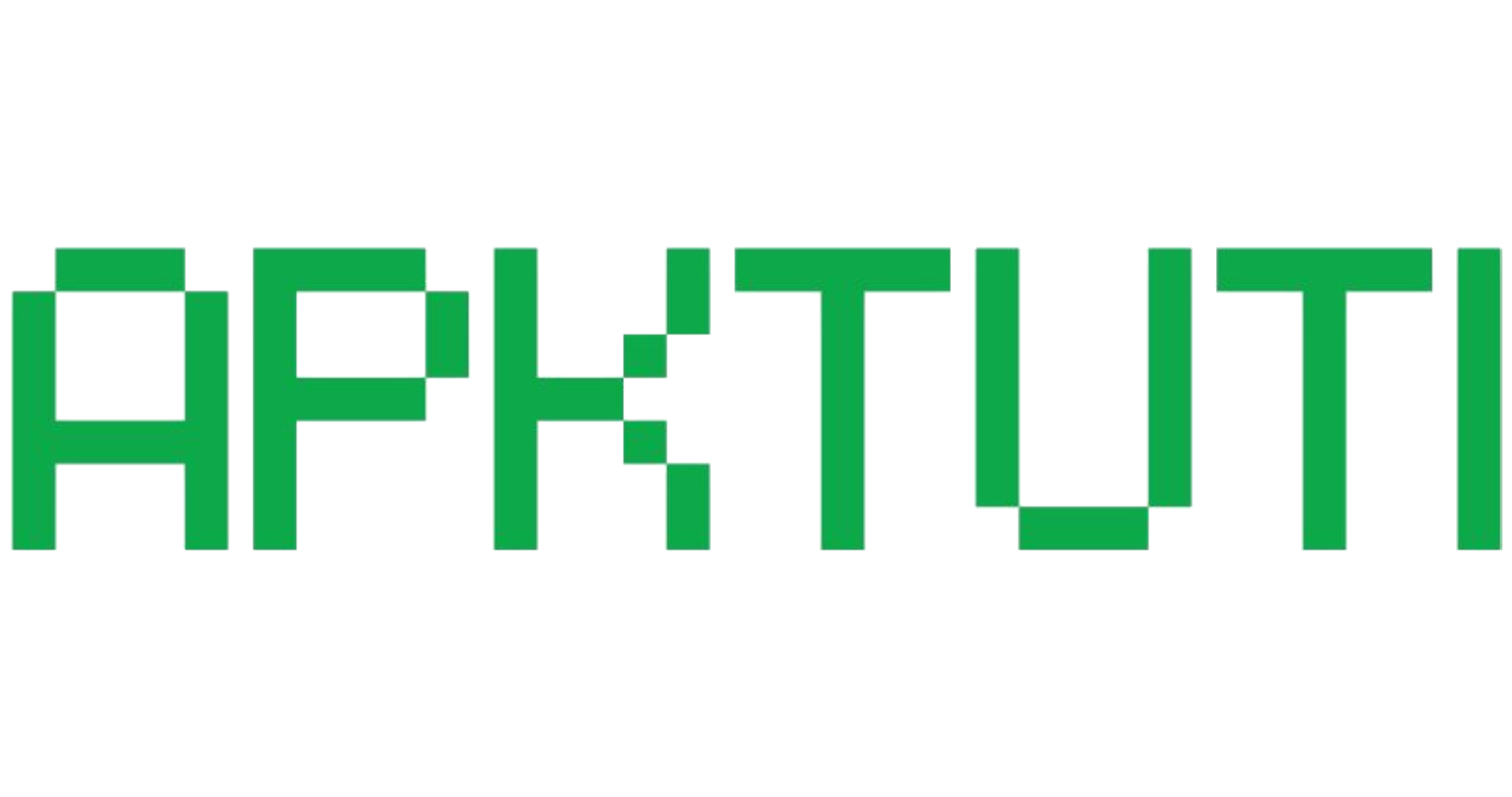Have you ever wanted to turn a game idea into a real mobile app? You don’t need a big studio or fancy equipment to get started. Today’s game engines and open learning platforms make it easier than ever to develop Android games on your own. This guide will walk you through each step – from concept to launch – so you can start building your first game with confidence.
Step 1 – Shape Your Game Idea
Before writing any code, you need a clear game concept. Think about your favorite mobile games. What makes them fun or addicting? Brainstorm a gameplay loop that fits the mobile experience – fast, intuitive, and playable in short bursts.
Start With a Unique Concept
Your idea doesn’t need to be massive. Focus on a simple but engaging mechanic. Whether it’s matching colors or dodging obstacles, the goal is to make the experience enjoyable and replayable.
Outline Gameplay and Mechanics
Create a basic design document that describes your game’s world, objectives, and rules. Include how the player interacts with the game. Use paper prototypes to visualize your flow and challenges before coding.

Step 2 – Choose a Development Platform
Now it’s time to pick a development tool. Android game developers commonly use game engines that simplify the coding process and offer export-ready builds.
Unity for Versatility
Unity is a powerhouse for Android games. With C# scripting and a massive online community, it’s ideal for both 2D and 3D development. Unity also provides asset libraries that speed up development.
Godot for Lightweight Projects
If you’re just starting out or working on a small project, Godot is a great choice. It’s free, open-source, and beginner-friendly with a built-in script editor and minimal setup time.
Step 3 – Learn to Code and Build
Understanding the fundamentals of game development is essential. Thankfully, there are thousands of tutorials to guide you from basics to advanced techniques.
Learn Core Programming Concepts
Focus on variables, loops, conditions, and events. In Unity, C# is your main language. Godot uses GDScript, which is easy to pick up if you’re familiar with Python.
Add Assets and Player Input
Start bringing your world to life. Import sprites, add audio, and make buttons responsive. Integrate player controls like taps and swipes early so you can test interactions as you build.

Step 4 – Test, Polish, and Optimize
Game development is iterative. Don’t wait until the end to test. As soon as you have a playable version, run it, play it, and fix bugs as you go.
Prototype Your Core Features
Build one level or mode first. Get feedback from friends or testers. Use their input to improve level design, user interface, and pacing.
Make It Mobile-Ready
Test on various screen sizes and devices. Reduce asset sizes to optimize performance and battery usage. Don’t forget to check for crashes and memory leaks.
Step 5 – Prepare for Launch
Once your game is stable and polished, you’re ready to share it with the world. Publishing on the Google Play Store is a straightforward process when you’re prepared.
Export and Sign Your APK or AAB
Use your game engine’s export feature to create the Android build. Sign it digitally using keystore credentials – Google Play requires this step for security.
Publish to Google Play
Register for a Google Play Developer account, upload your game, fill in store listing details (screenshots, icon, description), and submit for review. Once approved, your game goes live!
Conclusion
Developing your first Android game is a creative adventure. With patience and passion, you can take your idea from sketch to screen and share it with players around the world. Focus on simplicity, test often, and never stop learning. The next big hit might just start with your imagination.
FAQs
Do I need prior experience to build an Android game?
No. Many successful indie developers started from scratch. Online tutorials and game engines make it possible to learn as you go.
Which engine should I choose – Unity or Godot?
Unity is more robust for advanced features, but Godot is lighter and easier for beginners. Try both and pick the one that fits your workflow.
Can I release a free game and still earn income?
Yes, through ads, in-app purchases, or sponsorships. Monetization options are built into both major engines.
Is it possible to update the game after launch?
Absolutely. You can push updates via Google Play Console to fix bugs or add new content post-release.
Where can I find free game assets?
Websites like Kenney.nl, itch.io, and OpenGameArt.org offer free sprites, sound effects, and music to help speed up development.
